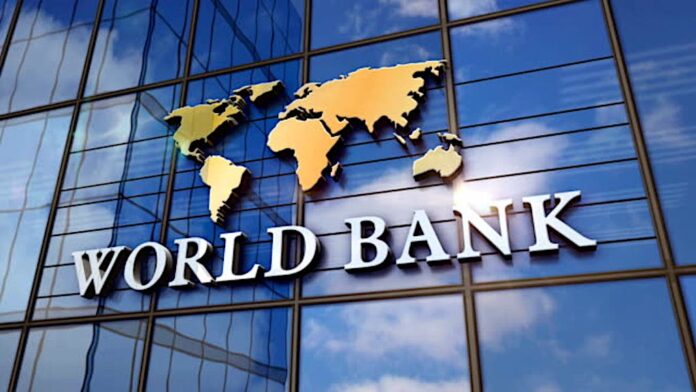Nigeria’s debt to World Bank grows, besides debts to other lenders
By Jeph Ajobaju, Chief Copy Editor
Nigeria’s debt to the World Bank alone jumped to $13.9 billion in December 2022, an increase of $1.5 billion from 2021 – apart from the latest $800 million loan granted by the bank to cushion the effects of anticipated fuel subsidy removal.
Reliance on the World Bank by Nigeria has increased in the past three years, particularly after the Covid-19 lockdown.
Public debt, which includes external and domestic debt – but excludes Ways and Means of the Central Bank of Nigeria [CBN]) – totalled N46.25 trillion ($103.1 billion) in 2022.
External debt in 2022 amounted to $46 billion owed various lenders, including the World Bank, International Monetary Fund (IMF), African Development Bank (AfDB), and China.
Total debt owed the World Bank was $10.1 billion in 2019, which rose to $12.5 billion in 2020. Between 2019 and 2022, Nigeria’s debt to the World Bank increased by $3.8 billion.
The loans are used to shore up external reserves allowing the country to continue to stabilise naira exchange rate.
The federal government’s portion of money owed the World Bank is about $9.2 billion, states account for about $4.1 billion.
_______________________________________________________________
Related articles:
National debt shoots up to N46.25tr
Buhari mounts up $40b national debt for his successor
CSOs alert Buhari’s reckless borrowing may cost Nigeria foreign assets
__________________________________________________________________
Loan approval
The World Bank approved on 15 December 2020 Nigeria’s request for a $1.5 billion loan in the wake of Covid-19 as budget support to help cushion the impact of the pandemic on revenue. This facility, a five-year Country Partnership Framework (CPF), will last from 2021 to 2024, per Nairametrics.
“With the sharp fall in oil prices as a result of COVID-19, the economy is projected to contract by over 4% in 2020, plunging the country into its deepest recession since the 1980s. Government revenues could fall by more than 15 billion dollars this year, and the crisis will push an additional 5 million Nigerians into poverty in 2020,’’ the World Bank explained.
The loans were approved for two projects – Nigeria Covid-19 Action Recovery and Economic Stimulus, Program for Results (Nigeria CARES) and the State Fiscal Transparency, Accountability and Sustainability Program for Results (SFTAS).
Public debt
Data produced by the National Bureau of Statistics (NBS) and the Debt Management Office (DMO) shows public debt was N46.25 trillion ($103.1 billion) in 2022. When N22.8 trillion loan taken through CBN Ways and Means is added, the debt rises to N69 trillion ($153.9 billion).
Nigeria also owes $46 billion to diverse lenders – the IMF ($3.8 billion), AfDB ($3 billion), China $4.2 (billion), and other countries ($773 million). Besides a Eurobond debt estimated at about $15.6 billion.
Concern about rising debt
The rise in Nigeria’s external debt raises questions about the country’s ability to meet debt obligations.
Nigeria has struggled in recent years to generate sufficient revenue to service debts, stoking concerns about their sustainability.
Regardless, external loans have nearly doubled in five years, from $25.7 billion in 2018 to $46 billion in 2022.











